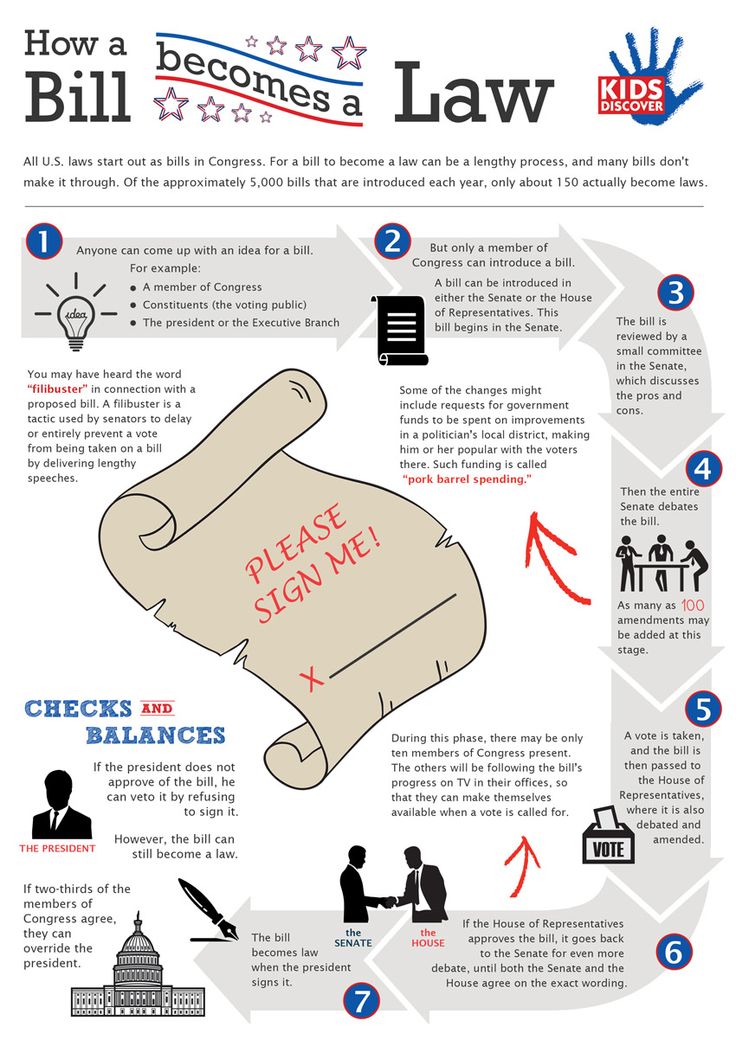How to be a good dance team captain
What It's Really Like To Be The Captain Of A Dance Team
The life of the captain of a dance team: You’re exhausted. In just the last few weeks, you’ve pushed the mental and physical limits of your team. On top of worrying about how the transitions of the set will look, you constantly feel obligated to play bad cop. You find yourself worrying about whether your dancers will resent you for keeping them late at practice, or whether your dancers will remember all the choreo that was thrown at them. It is so difficult to be the captain or director of a team considering you’re at the helm of a 40+ person team. But you're human, so there are undoubtedly limitations to what you can provide for your team.
See Related Article: Leadership Tips From Directors In The Dance Community
While your team should be able to expect certain things of you as a leader, there are things that aren’t your responsibility that you should not beat yourself up over.
1. Leading By Example
You don't have to be the best choreographer or dancer, but leading by example is a great way to both humanize yourself as a leader. This establishes your credibility as well.
Take classes alongside your dancers. Take cleaning notes seriously. Hold that plank til the last second during conditioning.
Grow with your team; show them you can walk the talk.
See Related Article: How To Lead Your Dance Team More Effectively
2. Welcoming New Dancers To The Team
As captain, you set the tone for a positive environment for new dancers on the team.
Help new dancers to the team adjust to the culture of the team, and check in with them to make sure they are getting used to the team properly.
Everyone has been new to a team once, and it has never been easy to adjust and make new friends. Be a friendly face for them!
3.
 Getting To Know Your Dancers
Getting To Know Your DancersAlong with welcoming new dancers to the team, it will mean even more to your team and your dancers if you are taking your time as captain to sit down and get to know your teammates individually.
Sometimes it's easy for dancers on teams to feel as if they fade into the background because the process of putting a set together can be so collective.
We are so set on dancing as a unit that it can feel conflicting for dancers to want to stand out as individuals yet blend in seamlessly.
A good way to navigate these waters is to establish a connection with each and every one of your dancers.
The more your team feels like they know you, the stronger the team culture will be, leading to better overall alignment of the team.
See Related Article: How To Cultivate Positive Relationships In The Dance Community
4. Being Transparent With Your Dancers
Part of the vulnerability of being a captain is the need to be transparent with your team.
And part of that transparency is to set clear goals and expectations for the team.
The clearer the expectations and goals, the more each dancer is able to align with the overall mission and contribute accordingly.
See Related Article: Dance Leadership Tools From Anna Sarao & Arnel Calvario (Presented at h5 by CSLA)
5. Inspiring Interest At Each Practice
Ideally, if you are leading by example and showcase your excitement for the happenings at practice/for any upcoming performances, your behavior should speak volumes.
Being infectiously excited about the prospects of what your team can accomplish in and of itself will inspire an interest in your dancers for the team/the performance.
What You Shouldn’t Beat Yourself Up Over:1. Making Sure Your Dancers Like The Pieces That Are Taught
Sometimes your dancers aren't going to like a piece because they don't like the style.
Other times they may no longer enjoy a piece because they are unfavorably blocked.
It is not your responsibility to make sure everyone likes the pieces that are taught – everyone has style preferences and strong opinions.
If they aren't enjoying a piece they're learning because they feel challenged, that's good. Your job isn't cater to everyone's opinion, it's to make sure they are growing.
2. Getting All Your Dancers To Like You
You are going to have to make decisions that not 100% of your dancers agree with.
You will sometimes make decisions that cause some dancers to respect you more, and others to feel more negatively about you.
It would be so wonderful if a team could come to a unanimous decision without sacrificing too much time, but often times this is not the case.
It would take more time to gather everyone's opinion, survey the results, and find a conclusion that will make everyone happy.
Making the executive decision may be tough, but if you have been getting to know your dancers, any tough decision you make will be met with understanding – simply as a byproduct of trusting your judgment.
3. Making Sure Your Dancers Show Up For Practice
You aren't anyone's parent; you shouldn't have to call your team to make sure they will be showing up for practice.
A dancer missing practice is not a reflection of your ability to maintain their interest, and it should be up to them to get caught up on what they missed.
4. Making Sure Your Dancers Remember The Choreography
Just like it's not your responsibility to make sure your dancers will show up for practice, it does not fall on you to make sure your team remembers the choreography.
You shouldn't have to feel like you need to reteach choreography to your dancers at every practice.
If they don't remember the choreography, they will find a way to get caught up again.
5. Expressing Your Expectations
It's great to set up clear expectations; it's transparent, and it's honest.
Don't feel concerned about coming off too strong to the team - if what you have to say is in the team's best interest, it's a good thing to be as clear and transparent as possible.
6. Inspiring Interest And Passion In The Team
While leading by example to inspire interest and passion in your dancers is a great thing for leaders to do, there are limitations to inspiring interest for your team. You can't make someone feel a certain way.
If there are a few dancers on the team that still aren't motivated at practice, outside of getting to know them individually to provide support as a captain and expressing genuine excitement to be at practice, you should feel confident that you're doing all you can as a captain for your team.
Not everyone is going to feel motivated at every practice. Everyone has bad days; it is not your responsibility beyond what has already been delineated, to make a dancer feel passionate about being there.
At the end of the day, as a captain, you can only hope to do the best you can to be the best leader you can be. Do what you believe is best for the team based on your team's culture and based on what you feel your team has to offer, and 'don't sweat the small stuff'!What are some challenges (or rewards!) you experience as the captain of a dance team? Comment below to share with us!Become a better leader by learning from other leaders.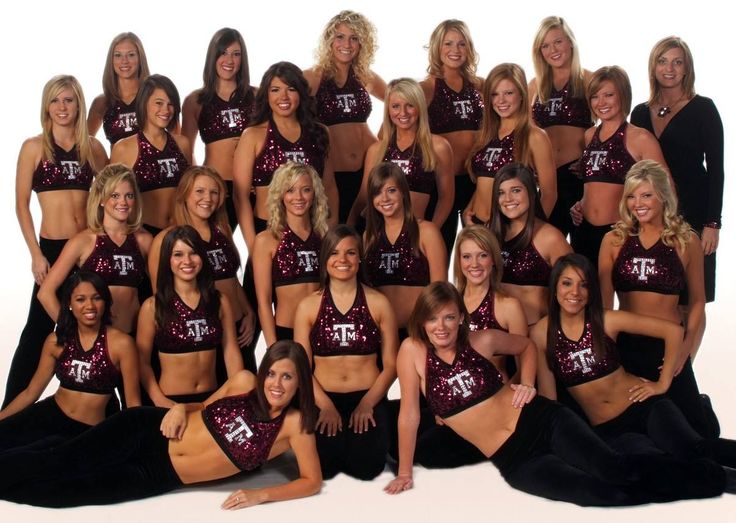 All of the choreographers on STEEZY Studio have been a leader in some way. Take class with them today! This article was originally published on March 24, 2015.
All of the choreographers on STEEZY Studio have been a leader in some way. Take class with them today! This article was originally published on March 24, 2015.
7 Proven Qualities of a Leader and Successful Dance Captain | Dance Articles
Receiving a compliment about your abilities, work ethic, and natural leadership qualities can be uplifting, but there’s no better feeling than receiving a promotion! When a dancer is promoted or voted into a dance captain position, whether it’s for the latest Broadway show or a high school drill team, the promotion comes with a few changes to your role description: added responsibilities, a pay-increase, and knowing that your venue trusts you to preserve the integrity of their show.
If this is your first leadership role, please do not immediately start hollering show notes and resorting to the response “…because I’m the dance captain!” Successful leadership requires combining your years of dance knowledge with admirable qualities of a leader that you may either already possess or need to build into your existing skill set. Whether you’re high-kicking in a musical theatre show or jeté-ing in a ballet performance; understanding your cast, your company, and yourself is what makes a good captain lead performers and performances to success. Below are seven valuable qualities that have helped me succeed and will push you to your fullest dance captain potential!
Whether you’re high-kicking in a musical theatre show or jeté-ing in a ballet performance; understanding your cast, your company, and yourself is what makes a good captain lead performers and performances to success. Below are seven valuable qualities that have helped me succeed and will push you to your fullest dance captain potential!
Be the adaptable one and change your approach
1. Passion
I’m positive that passion is already flowing in your veins, otherwise you would not be the dance captain! It is easily the most important of all qualities of a leader, but can easily get lost in the daily rehearsal grind. Use your passion towards making the show your first priority (but second to the health and safety of you and your dancers!) If you are continually considering what is best for the performance and how to maintain the choreographer’s vision, the correct solutions will be obvious. For example, a left pirouette may not be popular with the cast but if it’s what the choreographer wants and it transitions well into the next step, a left pirouette is what stays.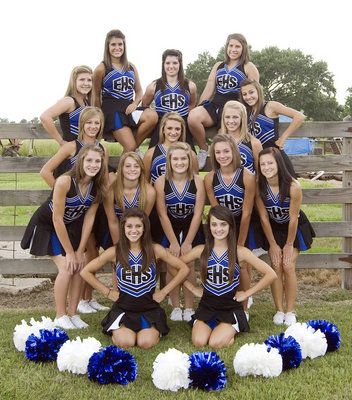 What’s best for the show may not always be the most popular with the cast, but listening to their concerns will help you navigate each situation.
What’s best for the show may not always be the most popular with the cast, but listening to their concerns will help you navigate each situation.
2. Resourcefulness
Immediately learn your territory, your chain of command, and the people to go to for help. Some dance captain positions have one reporting show director or manager, and others require you to be the liaison between the talent and different production teams. Approaching the right person about the problem will cut down your problem-solving time, i.e. your director may care that a costume was ripped, but going directly to the wardrobe supervisor will get it sewn faster.
It is impossible to have all the answers, and no one should expect you to. However, your casts’ questions will now be aimed at you, and while it is fine to not initially have an answer, it is now your job to hunt down for it. Making something up merely to appear smart in the moment results in having to saunter back to correct yourself, thus weakening your cast’s trust in you.
3. Consistency
Make your expectations clear and be sure to hold everyone to that standard, especially yourself. Anything you ask of your dancers, you should already be doing. If you ask your cast to sign-in first thing when they arrive, and you lollygag for ten minutes before signing-in, that is a problem. Being the example of a desired behavior is an easy way to get cast members to follow your lead.
Inconsistency in standards or expectations forces your cast into a daily guessing game, prohibiting a thriving, steady work rhythm. Perhaps you had a difficult day and your plan of action is to march through the rehearsal doors armed with a feisty morning-commute story. We all have our bad days, but is frantic energy best for your cast to begin rehearsal? Be very aware of how your energy sets the mood in the room.
Being the example of a desired behavior is an easy way to get cast members to follow your lead
4. Confidence
It’s easy to tell someone to have confidence, but in what magical land does confidence grow on trees? I had to slowly build my confidence from knowing my choreography backwards and forwards, much like a swing position would. My cast saw this and, therefore, began trusting and respecting me. Having this initial credibility allowed me to focus on growing confidence in the areas I felt less equipped.
My cast saw this and, therefore, began trusting and respecting me. Having this initial credibility allowed me to focus on growing confidence in the areas I felt less equipped.
This is showbiz baby, and it is guaranteed that captains will make quick, on-the-fly decisions. Always remain calm, look at all possible options, and be confident in your final decision. Trust yourself because you were chosen for this position for a reason. Dwelling between choices wastes time and frustrates a cast who may only want the solution. Evaluate your decision-making later because right now you may have a performance to focus on!
5. Professionalism
Remaining professional in previously foreign areas, such as managing your direct peers, can feel uncertain at first. True friends and dependable colleagues will agree to make the job easier for each other. They should view your position as a job that you must take seriously, and in turn, you should view their performances objectively and not deliver favors. Perhaps a friend is acting up and interrupting when you’re speaking because they think they can misbehave with you as their dance captain. You should address the behavior with an unbiased, and professional response and make them aware of the tough position they put you in with their behavior.
Perhaps a friend is acting up and interrupting when you’re speaking because they think they can misbehave with you as their dance captain. You should address the behavior with an unbiased, and professional response and make them aware of the tough position they put you in with their behavior.
Being promoted also comes with the territory of leading others who were also up for the position. They may be on board with you being in charge, or less than supportive. If someone is noticeably undermining you, be professional and harness their energy elsewhere. Occasionally delegate a task to acknowledge their leadership potential, while reminding them that you are on the same team as them and, therefore, have the same goals.
understanding your cast, your company, and yourself is what makes a good captain lead performers and performances to success.
6. Adaptability
Albert Einstein said, “Insanity is doing the same thing over and over again and expecting different results.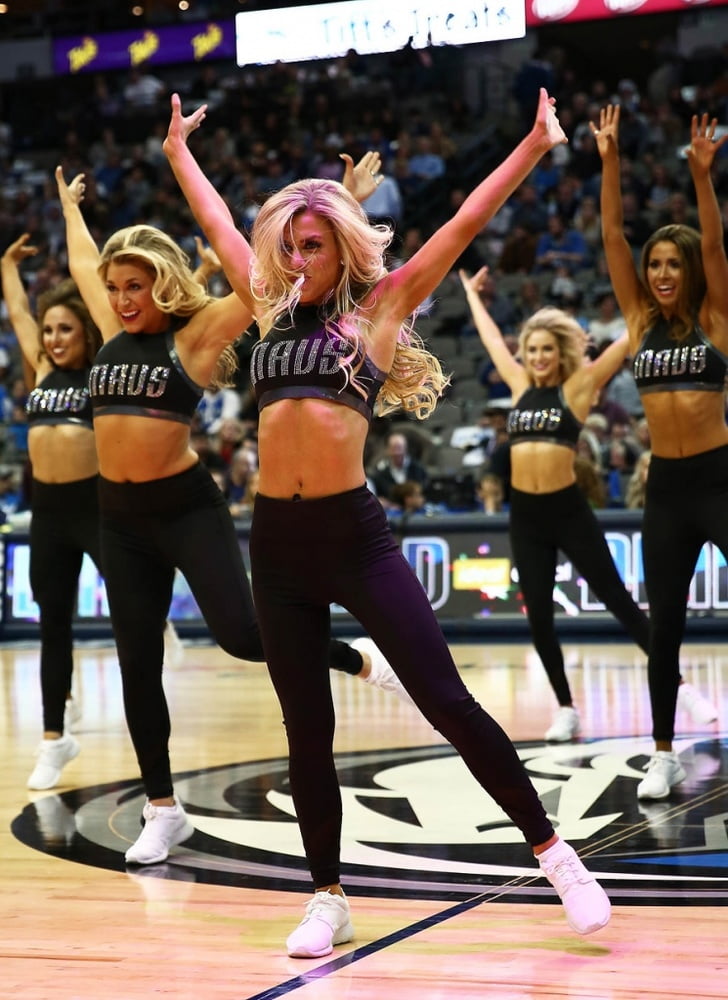 ” You may find yourself continually repeating the same correction with no clear changes in anyone’s behavior. Be the adaptable one and change your approach, as every performer has different needs and learning styles, you may not be hitting the one that will make it click. You may want to try watching them demonstrate the correction, filming them to watch themselves, or my favorite: giving a reason behind the corrections. Instead of a correction such as, “take a step forward,” try saying, “take a step forward because you are out of the light and I can’t see you from the house.” Dancers will then connect a note directly to how it affects their show, instead of just hearing an order. And may I add again, “…because I’m the dance captain” is never a valid explanation.
” You may find yourself continually repeating the same correction with no clear changes in anyone’s behavior. Be the adaptable one and change your approach, as every performer has different needs and learning styles, you may not be hitting the one that will make it click. You may want to try watching them demonstrate the correction, filming them to watch themselves, or my favorite: giving a reason behind the corrections. Instead of a correction such as, “take a step forward,” try saying, “take a step forward because you are out of the light and I can’t see you from the house.” Dancers will then connect a note directly to how it affects their show, instead of just hearing an order. And may I add again, “…because I’m the dance captain” is never a valid explanation.
7. Courage
Having “courage” may sound a bit extreme; you are perhaps operating a feel-good musical theatre performance, not an army! No leader looks forward to handling the tough moments, but possess the tools to navigate these situations bravely. Regardless of severity of conflict, one must always view problems objectively and listen to all sides. When having to confront a performer, tackle tough conversations at the most convenient time for them, potentially at the end of their day. Listen openly, put yourself in their shoes, and allow them to vent if that’s what they need. Having open discussions can easily prevent cast members from becoming heated or defensive.
Regardless of severity of conflict, one must always view problems objectively and listen to all sides. When having to confront a performer, tackle tough conversations at the most convenient time for them, potentially at the end of their day. Listen openly, put yourself in their shoes, and allow them to vent if that’s what they need. Having open discussions can easily prevent cast members from becoming heated or defensive.
Dance captains who avoid individual confrontation often resort to “blanket statements” and choose to lecture an entire cast about something that may only apply to a few individuals. This can make your hardest workers feel devalued, because who wants to sit through a scolding that does not apply to them? Through my own experience, I learned to avoid “blanket statements” during my cast’s note sessions because clouding everyone’s brain with a thousand notes that aren’t for them caused the crucial points to get lost. “General notes” can be effective if multiple people need to hear the note, but having the courage to clarify and individualize corrections can heighten the chance that it will get corrected.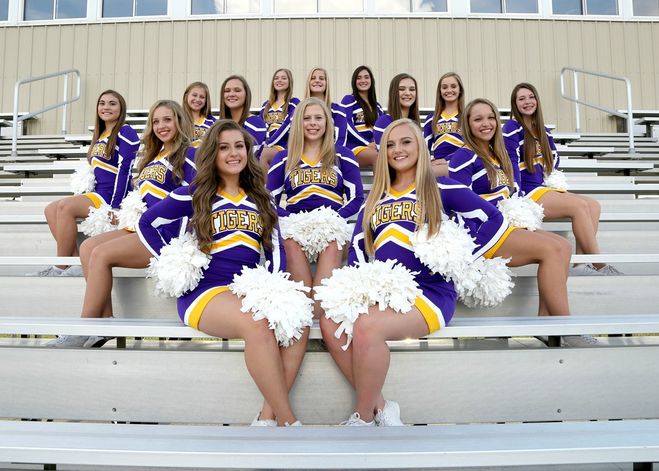
A new promotion as dance captain is certainly a task one must learn to navigate, but can be a promising way to build additional skills while still being completely involved in the art you love. Don’t initially expect yourself to be the perfect captain because growing and learning about your personal leadership style will take time. Have fun with your cast and enjoy the responsibility you now have in supporting your dancers through each successful performance.
How to be a good captain
effective-captain
Translation: Vladimir Kornev
Revision: Ekaterina Barabanova
Key positions to remember to be a great captain
Contrary to popular belief, the captain of a team should not be its best player. When it comes time to vote for next year's leader, many players first of all think about who scored the most points or who has the most defensive layouts. Obviously these players are important, but they are not always good captains. Whether you find yourself as captain of the current (college) season or want to be team captain next year, below is a list of principles that will help you in this.
Whether you find yourself as captain of the current (college) season or want to be team captain next year, below is a list of principles that will help you in this.
1. Be selfless
This is my first rule as a captain and in life in general. Captaincy is a thankless job; you are not a captain for everyone to constantly admit it and praise you for all the work that you do. Yes, you will work very hard and often the work and the time you devote to it will go unnoticed, because your teammates will simply forget that this is not a magic fairy, reserves hotels, rents cars, plans trainings, orders uniforms and so on. It's tiring to work all the time and not feel grateful. Remind yourself why you are doing this. If this is to receive gratitude, then you are in for an unlucky season.
2. Have a meeting
Have a meeting! Mail, Facebook, and Google Drive are tools to get information across to your team, but they are not geared towards discussions. At the beginning of the year, meet with captains, coaches and interested players to discuss with them your idea of what you expect from the team and how to start the season right.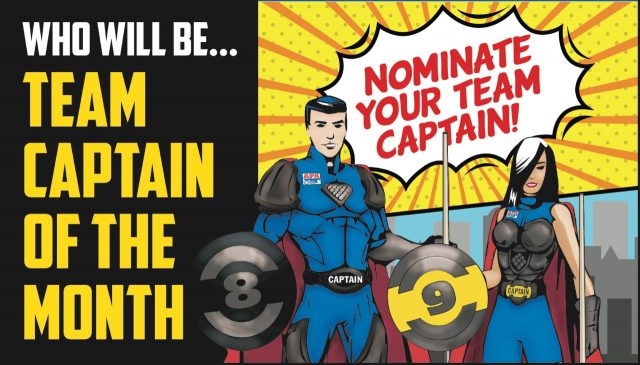
Next, have a meeting with people who want to be on the team. Be sure to try to disseminate information about it as much as possible and attract people. If you have two teams (A and B), make sure you have a meeting before and after accepting people to the team. I don't think there can be many meetings!
3. Set goals
One of my favorite things was our meeting after the winter break, when everyone returned and together we carefully prepared for spring. First of all, we gathered in a circle and said our individual goals, and what the team means to us. Then everyone was asked to shout what he wants from the team. RECORD IT! If your team just wants to learn ultimate and play for fun, that's great! If you want to be very competitive, that's fine. But you can't be an effective team if half of the team wants to win the National Championship and the other half wants to just hang out.
4. Think ahead
When you do something at the last moment, it is bad and often takes longer than if you had done it beforehand. Find out the tournament schedule so you can book a hotel, rent a car, apply, buy tickets, and so on. It also means thinking years ahead. Let’s say if you don’t accept newcomers this year because only a few people left and you still have a strong team, then next year everything can change, and when half the team leaves, you will no longer have such a strong team. Ooooh. (Recruitment is always helpful).
Find out the tournament schedule so you can book a hotel, rent a car, apply, buy tickets, and so on. It also means thinking years ahead. Let’s say if you don’t accept newcomers this year because only a few people left and you still have a strong team, then next year everything can change, and when half the team leaves, you will no longer have such a strong team. Ooooh. (Recruitment is always helpful).
5. Be organized
The captain has a large area of responsibility: tournament applications, hotels, transportation, uniforms, fundraising, summing up the year, training, meetings with coaches. The job does not have a clear list of responsibilities - you are responsible for the team. Even in cases where there is a system within the team, the captains usually define the to-do list and they delegate things to other people. You have to be organized to make sure nothing goes wrong.
6. Be clear
This may seem obvious, but it's important to be as clear and honest as possible.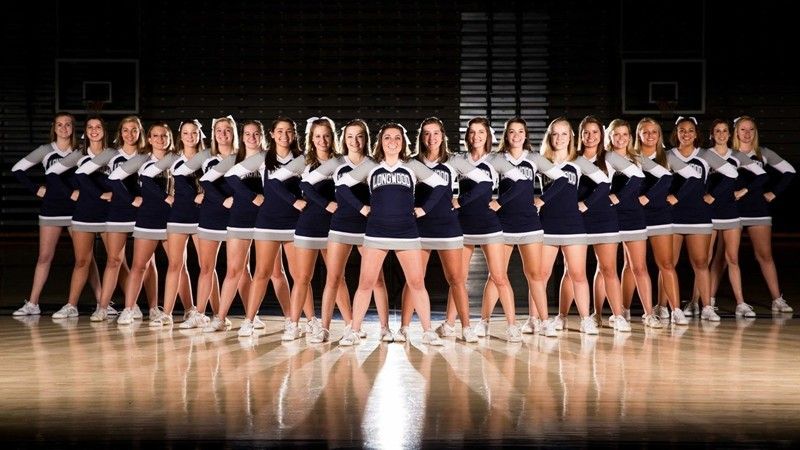 This applies to qualifiers, training, team organization, who will play in what position, playing time and many other things. If you don't talk about it, don't expect players to know.
This applies to qualifiers, training, team organization, who will play in what position, playing time and many other things. If you don't talk about it, don't expect players to know.
7. Remind everyone of responsibility, including yourself
While you need to be as clear, honest and strong as you can, you also need to keep your teammates accountable for turning their words into deeds. Demand respect and honesty from them. If you had a team meeting (see point #2) and the goal was to “come to practice early and be ready to run when practice starts”, then they should do it. Arrive early, put on your boots and start training on time, reminding your teammates of their commitment. It is your job to be a leader and lead by example.
8. Be understood
For someone who loves Ultimate so much that he associates it with his life, it will be difficult to realize that someone does not feel the same in himself. There will be players who won't go to every practice. All people are different and you should not expect an equal degree of responsibility from everyone who practices. My second rule of life is to accept people for who they are. Determine the pattern of behavior with other people by talking to them.
All people are different and you should not expect an equal degree of responsibility from everyone who practices. My second rule of life is to accept people for who they are. Determine the pattern of behavior with other people by talking to them.
9. Embrace problems in the bud
Be prepared to have problem players. The team spends a lot of time together and drama is inevitable. It's hard for the captain, as most of the time you lead your peers, but when a problem arises, you need to confront them. I was wrong when I said, "I'll talk to her when we get back," because then the moment was passed and everyone had time to cool down. If nothing and no one tells them that they are wrong, it is necessary to discuss their behavior with them. This sounds like a small lecture from you, but you will most likely deal with the problem if they are aware of the problem.
How to become a team captain?
The team captain in football is the leader who leads the team. All other players look at their captain and take an example from him. What a captain, what a team. In this article, we will talk about how to become the captain of a football team and what a real captain should be like.
What a captain, what a team. In this article, we will talk about how to become the captain of a football team and what a real captain should be like.
Content
- Qualities of a team captain
- Diligence and dedication
- Composure
- Respect for partners and coach
- Character
- Leadership and charisma
- Ability to support
- Sense of humor
- Purposefulness
- Responsibility and organization
- Excellent understanding of football
- What does a captain do?
- Election of the team captain
Qualities of the team captain
Diligence and dedication
The captain must be completely passionate about the game. He must give 100% on the field, setting an example for teammates. The leader has no right to relax and play carelessly. Yes, he can be wrong. Everyone is wrong. But there should be no reason to doubt his dedication.
Former Manchester United captain Roy Keane is a prime example of dedication on the pitch.
Roy Keane with Manchester UnitedThis is what Sir Alex Ferguson said about Roy Keane:
It was the most impressive show of dedication I have ever seen on the football field. Running all over the field, fighting so furiously that he would have died of exhaustion, but did not give in, he inspired the entire team around him. I felt proud to be associated with such a player.
Composure
The team captain is a man with nerves of steel. He does not give in to emotions and plays with a “cold” head. A quick-tempered and emotional person is not able to make reasonable decisions on and off the field.
Respect for partners and coach
The captain must treat all partners equally. For him, humiliation or bullying of other players is unacceptable. On the contrary, the captain must stop various conflicts and wrong attitudes towards each other in the bud.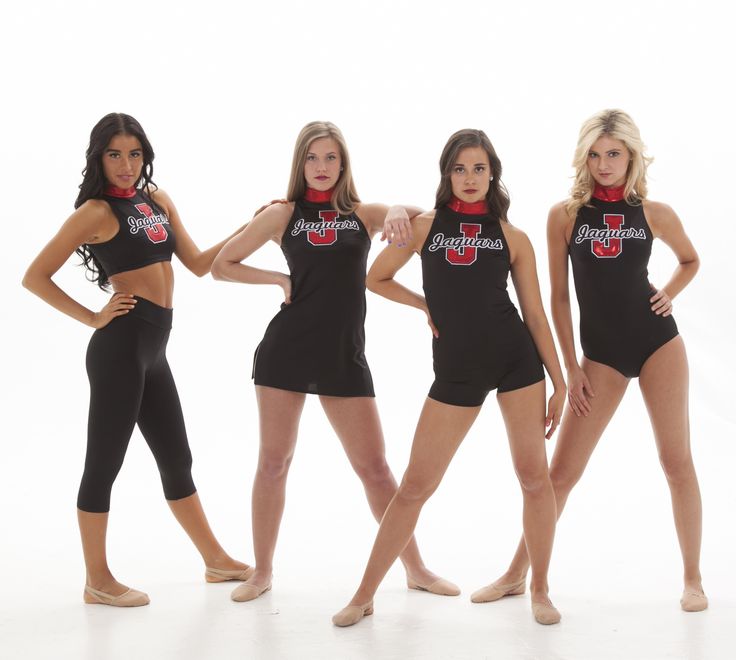
Character
If you ask any person: “How to become a team captain?”, then most people will say that it must be a person with a strong character. And they will be absolutely right. A strong character is immediately visible. It is a strong person who is able to lead himself and his team to success.
Leadership and charisma
Team players should see their captain as a leader they are ready to follow. The captain should be a senior comrade who can provide useful advice on and off the field.
Ability to support
There are situations when nothing works out on the field and the motivation to play football disappears. The captain in this case should be able to support the partner.
We all remember how Italian football legend Gianluigi Buffon supported AC Milan's goalkeeper Gianluigi Donnarumma when the young guy was criticized.
Donnarumma and Bufon at Italy training sessionSense of humor
There are times when the team gets tense. This usually happens during important matches or when the team has not won for a long time. The captain must have a sense of humor in order to be able to defuse the situation and relieve unnecessary tension from the team.
This usually happens during important matches or when the team has not won for a long time. The captain must have a sense of humor in order to be able to defuse the situation and relieve unnecessary tension from the team.
Purposefulness
Without setting goals, it is impossible to achieve results. The captain clearly understands where his team is striving and reminds his partners of this goal. The team must live by one idea.
Responsibility and organization
The captain must be aware of all events in the team. He needs to know where his teammate is at the moment. Is he preparing for tomorrow's match? The captain should be an example of professionalism and teach partners to be responsible and self-organizing.
Great understanding of football
Everyone watched football and saw how the coaches were removed from the field and sent to the stands. In this situation, the captain takes responsibility and plays the role of a coach on the field. Therefore, he simply must understand football to the smallest detail. He must be able to competently prompt partners, be able to rebuild the team's game if something goes wrong.
In this situation, the captain takes responsibility and plays the role of a coach on the field. Therefore, he simply must understand football to the smallest detail. He must be able to competently prompt partners, be able to rebuild the team's game if something goes wrong.
A captain is more than just a bandage on his arm. Together with this headband, the player acquires an additional burden of responsibility for the team. The duties of a team captain are similar to those of a coach. We will talk about them further.
What does the team captain do?
1. Maintains the internal climate in the team
The captain must ensure a friendly atmosphere in the team and quickly resolve conflicts within it. The team should not be divided into separate groups or camps. Everyone must communicate with each other. A team with a good internal atmosphere can achieve high results.
2. Works closely with the coach
Players may not always understand their coach, but they can understand the captain.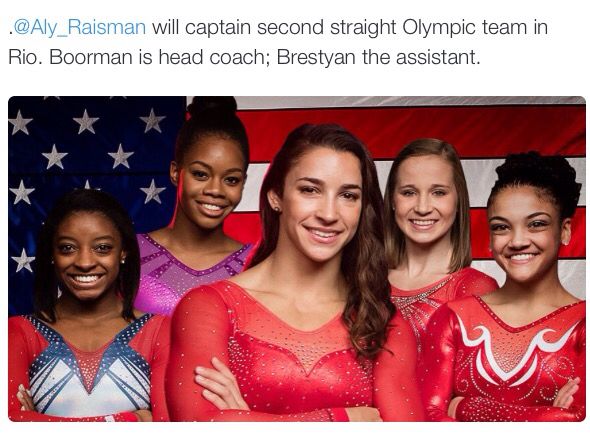 He is constantly inside the team and knows much more about it than the coach.
He is constantly inside the team and knows much more about it than the coach.
Competent interaction between the captain and the coach is one of the important components of the success of the team. Not surprisingly, after the end of their playing career, captains often become coaches. They began to receive coaching experience much earlier than they stepped on the coaching bridge.
A vivid example of this situation is longtime Liverpool captain Steven Gerrard. In 2018, he became the head coach of the Scottish club Rangers.
Steven Gerrard - Rangers head coach3. Responsible for the behavior of his team
When the game gets high, the team captain must reassure his players. You have probably seen how the referee addresses the team captains with a request to calm down their partners.
Election of the team captain
The team chooses the captain by voting or the coach appoints him. As a rule, the captain of a football team is the most experienced player.










